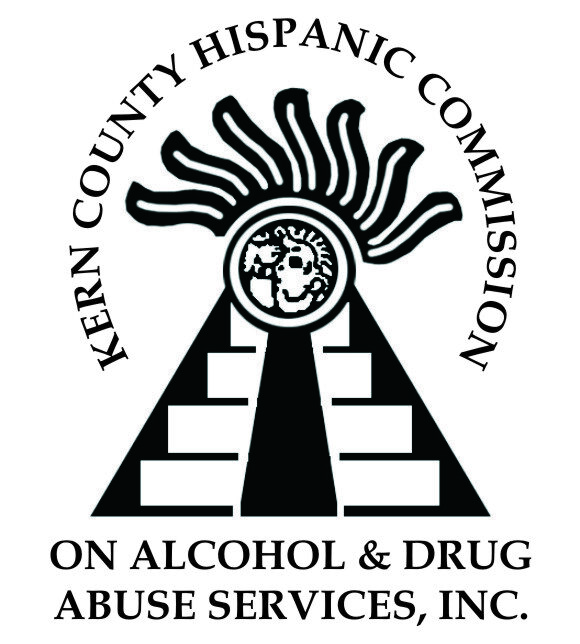
Substance use recovery is a complex and challenging journey that often requires a strong support system. At KCHC, we have seen countless individuals embark (and succeed!) on the path to sobriety, and we understand the pivotal role that family and friends can play in this process. In this blog post, we will explore the profound impact of loved ones on the recovery journey, shedding light on the importance of their support, encouragement, and involvement.
Understanding Substance Use Recovery
Before delving into the role of family and friends, it’s crucial to grasp the basics. Recovery is a multifaceted process that involves not only overcoming physical dependence but also addressing the underlying emotional, psychological, and social factors that contribute to substance use. It’s a journey that requires ongoing commitment and determination, often extending beyond the confines of a clinic or treatment facility.
Learn more about the recovery journey here!
A Support System: The Backbone of Recovery
One of the pillars of successful SUD recovery is a strong support system, and this is where family and friends come into play. These individuals can be a source of strength, motivation, and comfort throughout the journey. Their presence can help individuals cope with the challenges they encounter.
Encouragement and Motivation
Recovery can be an arduous process, filled with moments of self-doubt and temptation. Family and friends can provide the encouragement and motivation needed to push through these difficult times. Their unwavering belief in the individual’s ability to overcome addiction can be a powerful driving force.
Accountability
Accountability is a crucial component of recovery. Family and friends can help hold the individual accountable for their actions, decisions, and commitment to sobriety. Knowing that loved ones are watching and caring can deter individuals from returning to substance use.
Reducing Isolation
Isolation is a common feature of addiction, and it can be challenging to overcome. Family and friends provide a sense of belonging and connection that can help individuals combat the feelings of loneliness and alienation that often accompany addiction.
Rebuilding Trust and Relationships
Addiction can strain and fracture relationships with loved ones. Engaging in the recovery process with family and friends can help repair these bonds and rebuild trust. It’s a time for both the individual in recovery and their loved ones to heal together.
Education and Understanding
Family and friends who educate themselves about addiction can better support the person in recovery. Understanding the nature of addiction, the triggers, and the tools for maintaining sobriety can lead to more empathetic and effective support.
Setting Healthy Boundaries
While support is essential, it’s equally important for family and friends to establish healthy boundaries. Striking the right balance between support and enabling is crucial for long-term recovery. Also make sure you’re proactively addressing empathy burnout by engaging in self care.
Celebrating Milestones
Recovery is a journey filled with small victories and milestones. Family and friends can celebrate these achievements, no matter how minor they may seem, which can boost the individual’s self-esteem and motivation.
At KCHC, we believe that family and friends are indispensable allies in the journey to substance use recovery. Their support, encouragement, and involvement are invaluable tools for individuals seeking to overcome addiction. Together, we can work to create an environment of care and understanding that fosters long-lasting recovery and healthier, happier lives. Addiction is a battle that is best fought as a team, and when that team includes dedicated family and friends, the chances of success increase significantly.
